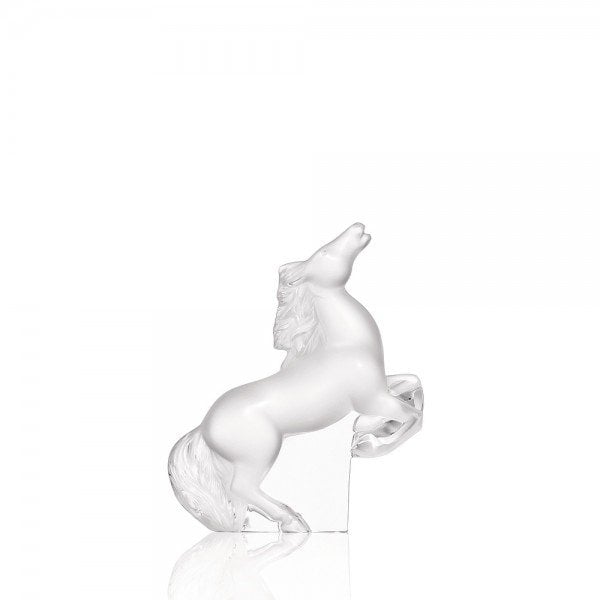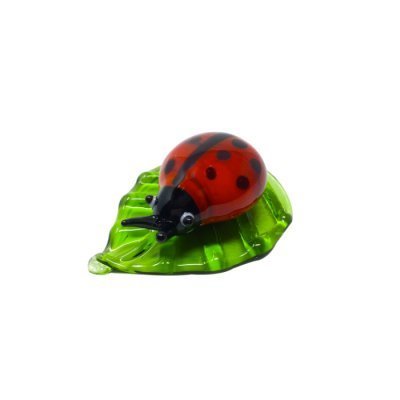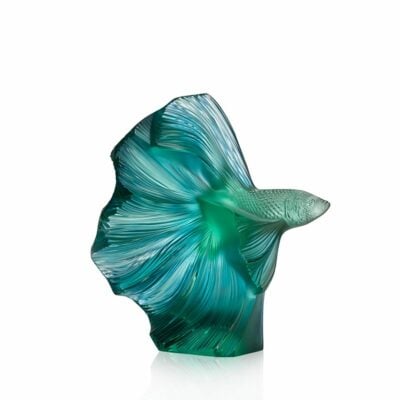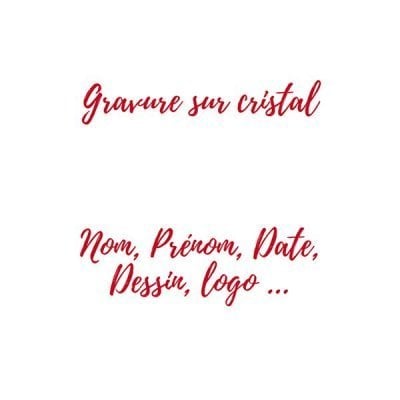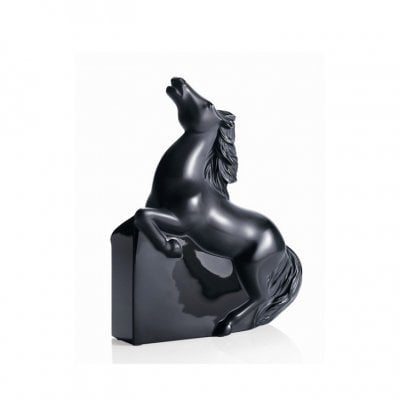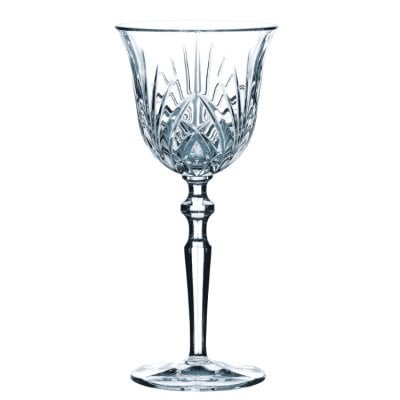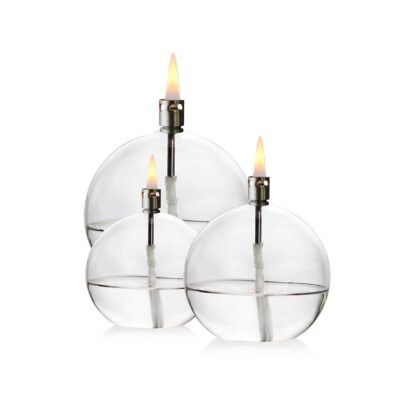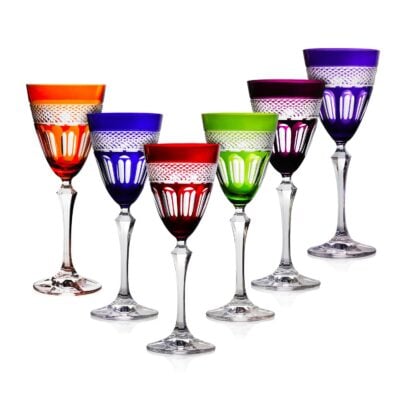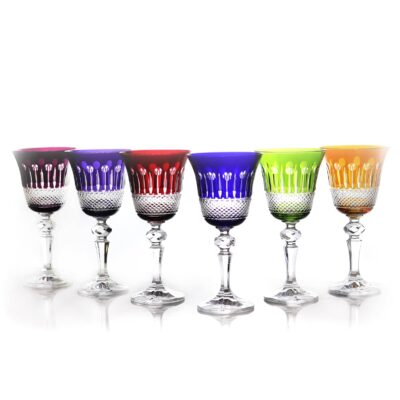WE PROVIDE INSURANCE FOR YOUR ORDER
With more than 138 years of experience, our export team takes the greatest care to package each order. A damaged product? We will send a new one. A lost parcel? We will send a new one. The shipping cost include an insurance break and lost.
CUSTOMER REVIEW
ENJOY TAXFREE
For a delivery outside the European Union, you can pay your order without VAT. Please, use the coupon code FREETAX into your cart.
RECEIVE A GIFT FOR EACH ORDER
We take care of our customers. For each order, you can select a gift in you cart. More you buy, bigger the gift is. Follow this link to discover the gift list.
WIN FIDELITY POINTS
We reward your fidelity. Each order allows you to win fidelity points, that you can use for your next order. Enjoy extra discount. Don't forget to creat an account or to login into it. Learn more ?
ADDITIONNAL INFORMATIONS
REARING KAZAK HORSE SCULPTURE :
REARING KAZAK HORSE SCULPTURE, The Kazak Horse pays homage to one of the most beautiful animals in the world. The horse is the symbol of strength and speed. The feeling of the Kazak Horse’s mane floating in the wind depicts a spirit of freedom and independence.
♦ LALIQUE :
1860, the beginning of Lalique. The story of the Lalique company is inseperately connected to the story of the founder René Lalique. René Lalique was born in Aÿ-en-Champagne in the Marne region of France. Some years later, the Lalique family moved to Paris but continued to spend holidays in Aÿ. René Lalique remained deeply attached to his birthplace throughout his life.
René Lalique went to study in Paris at the Ecole des Arts Décoratifs and afterwards he attended the Sydenham Art College in England, where his naturalistic approach to art was further developed. Back in Paris he started as a freelance artist for established jewellers as Cartier and Boucheron.
In the beginning, all his Lalique jewelery creations were made by the so called ‘Lost Wax’ technique. Then he started experimenting and used this same technique to create glass items like statues. At the height of his career as a jewellery maker, when the whole world was running after his creations, René Lalique changed his focus to the production of glass objects. René Lalique became now the greatest glass artist and manufacturer of glass art of his time.
Rene Lalique, the previous jeweler had made it to the world’s greatest glass designer and his products were not only glass statues and perfume bottles but his work, which was all simply marked ‘Rlalique’, was also to be seen in large architectural projects all over the world. Walls of lighted glass and elegant coloured glass columns which filled the dining room and “grand salon” of the SS Normandie and the interior of St.Matthew’s Church in Jersey, England, are some of the examples.

